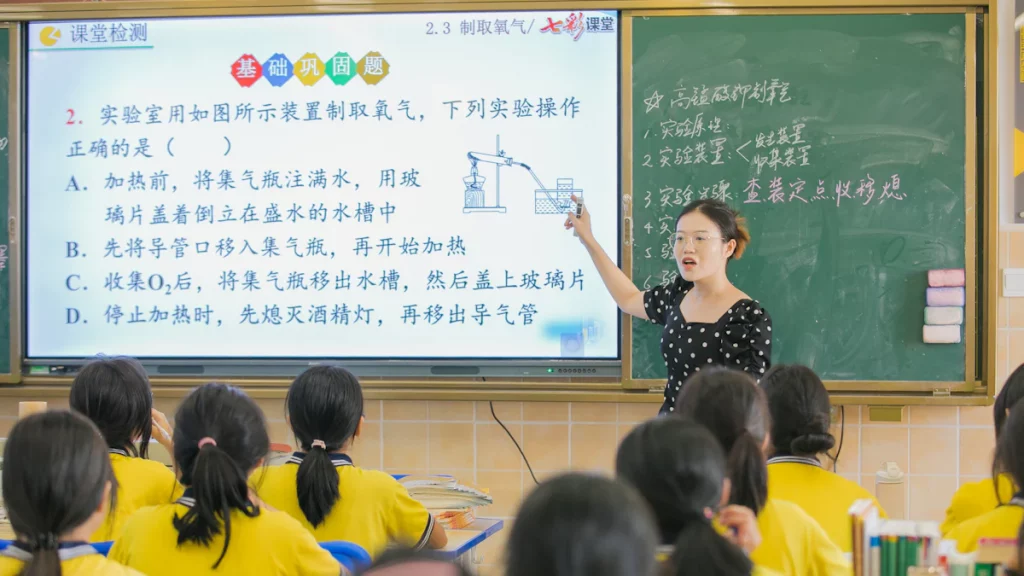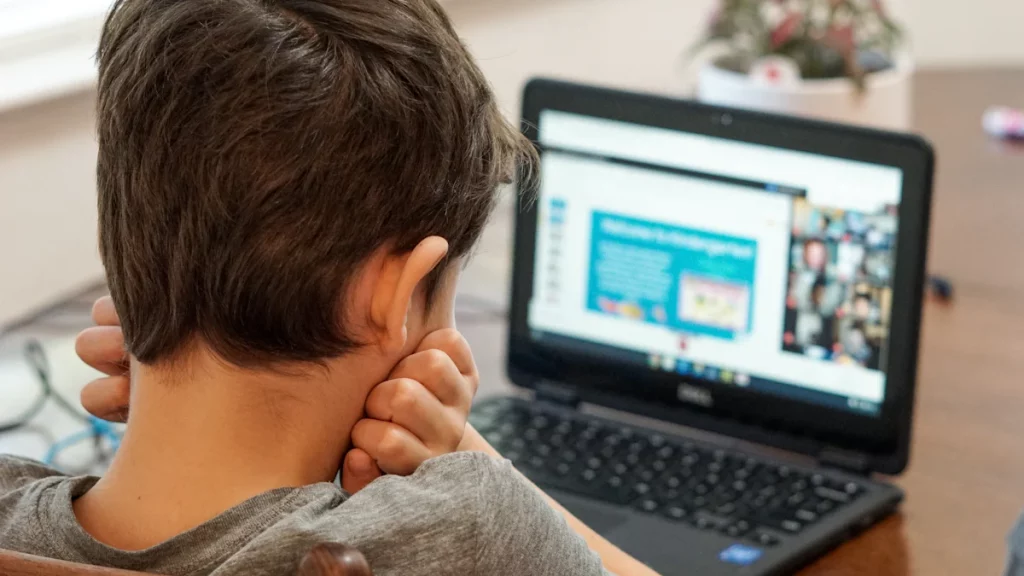The Role of AI in Play School Education
AI, or Artificial Intelligence, plays a crucial role in enhancing learning experiences in play school education. With the advent of smart technology and machine learning, AI has the potential to revolutionize the way young children learn and develop essential skills. By incorporating AI-powered tools and applications into play school curricula, educators can create interactive and personalized learning experiences for their students. These tools can adapt to individual learning styles and preferences, providing tailored instruction that helps children learn at their own pace. AI empowers educators to provide a more engaging and effective educational environment for young learners.
Benefits of Incorporating AI in Play School Education
Incorporating AI in play school education brings numerous benefits that enhance the learning experiences of young children. One significant advantage is the ability to provide enhanced personalized learning. AI-powered tools enable educators to create individualized instruction tailored to each child's unique needs and learning style. This personalized approach allows children to learn at their own pace, fostering a deeper understanding of concepts and boosting their confidence.
Furthermore, AI-powered tools contribute to improved cognitive development in play school education. These tools stimulate critical thinking and problem-solving skills through interactive learning activities. By engaging with AI-powered educational games and applications, children are encouraged to think creatively, analyze information, and develop strategies to solve problems. This active participation enhances their cognitive abilities and prepares them for future academic challenges.
Enhancing Cognitive Development with AI-Powered Tools
AI-powered tools have the potential to greatly enhance cognitive development in young children. One way they achieve this is through interactive learning experiences. These tools provide engaging activities that encourage active participation and critical thinking. By using technology-driven learning tools, such as virtual reality and augmented reality, children can explore new concepts in a hands-on and immersive manner. This interactive approach not only enhances their understanding but also stimulates their cognitive abilities.
In addition to interactive learning experiences, AI-powered tools foster creativity and innovation in young children. They provide opportunities for self-expression and exploration, which are essential for stimulating imagination. Through smart educational resources and digital learning aids, children can engage in creative activities like drawing, storytelling, or even coding. These tools encourage them to think outside the box, come up with innovative solutions, and express their ideas freely.
By incorporating AI-powered tools into play school education, educators can create an environment that promotes cognitive development by providing interactive learning experiences and fostering creativity and innovation.
Addressing Individual Needs and Challenges with AI
AI plays a crucial role in addressing individual needs and challenges in play school education. One way it accomplishes this is through tailored learning experiences. AI has the ability to adapt to individual learning styles and preferences, allowing educators to provide personalized instruction that caters to each child's unique requirements and obstacles. By analyzing data on a student's progress, AI-powered tools can offer personalized feedback and recommendations, helping children overcome specific learning difficulties and achieve their full potential.
Furthermore, AI supports special education by providing inclusive education for children with diverse educational needs. Adaptive technologies powered by AI can cater to individual challenges and abilities, ensuring that every child receives the necessary support for their learning journey. These technologies can provide additional resources, assistive tools, or alternative methods of communication that help children with special needs thrive in the classroom.
By leveraging AI in play school education, educators can address individual needs and challenges more effectively, providing tailored learning experiences and supporting inclusive education for all students.
Ensuring Safety and Security in Play Schools with AI
AI plays a vital role in ensuring the safety and security of children in play schools. One way it achieves this is through enhanced surveillance and monitoring. AI systems can provide real-time alerts and utilize facial recognition technology to ensure child safety within the premises. These systems can detect unauthorized access, monitor activities, and promptly alert staff members or parents in case of any potential risks or emergencies. By leveraging AI-powered surveillance and monitoring, play schools can create a secure environment for children to learn and grow.
Additionally, AI helps protect children's data and privacy in digital learning environments through robust cybersecurity measures. With the increasing use of technology in education, it is crucial to safeguard sensitive information from potential threats. AI can assist in implementing encryption protocols, authentication mechanisms, and other privacy safeguards to ensure that children's personal data remains confidential and protected.
By incorporating AI into play school education, educators can enhance safety measures by utilizing advanced surveillance systems and implementing robust cybersecurity measures to protect children's well-being and privacy.
Future Implications and Advancements of AI in Play School Education
The future implications and advancements of AI in play school education are promising. Continuous innovation in the field of AI will revolutionize the way children learn and educators teach. Emerging technologies like machine learning and natural language processing hold great potential for enhancing educational experiences in play schools.
As AI continues to evolve, it will enable more personalized and adaptive learning experiences for children. Machine learning algorithms can analyze vast amounts of data to identify patterns and tailor instruction according to each child's needs. This individualized approach will help optimize learning outcomes and ensure that every child receives the support they require.
However, as we embrace these advancements, ethical considerations must be at the forefront. Balancing AI implementation with ethical guidelines is crucial to safeguarding children's well-being and privacy. Human guidance and supervision remain essential in play school education, ensuring that technology is used responsibly and ethically.
Looking ahead, the future impact of AI in play school education is exciting. Potential future developments may include advanced virtual reality simulations, intelligent tutoring systems, or even humanoid robots assisting teachers in the classroom. These advancements have the potential to create immersive and engaging learning environments that foster curiosity, critical thinking, and creativity.
The Importance of AI in Play School Education
AI plays a significant role in enhancing learning experiences in play school education. By incorporating AI-powered tools and technologies, such as Artificial Intelligence in preschool education, we can promote personalized learning and cognitive development. AI adapts to individual needs, addresses specific challenges, and provides tailored instruction that caters to each child's unique requirements. However, while AI brings numerous benefits, it is crucial to consider ethical considerations and ensure human guidance remains an integral part of the educational process. The impact of AI on pre-primary education is undeniable, as it revolutionizes the role of technology in early childhood education and creates a more engaging and effective learning environment for young learners.




